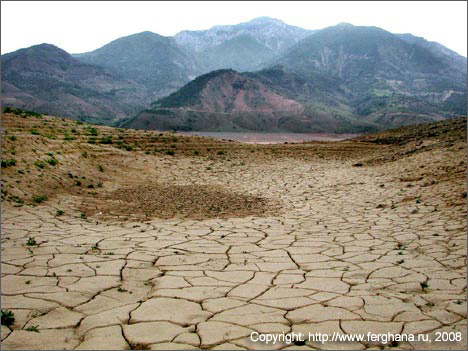On Monday June 8, 2015, the Group of 7 or G7 leaders issued a statement at the conclusion of the 41st G7 summit that took place from June 7-8, 2015 which summarized the outcomes of the summit. This statement, along with other commitments, promised that the G7 leaders would attempt to significantly lower carbon emissions in their respective countries with the goal of being carbon free by 2100. For many environmental groups this statement represents a huge commitment to greenhouse gas reductions and sets an example for countries that weren’t present at the meeting but who will be at the United Nations Climate Change talks in Paris this December. When Canada agreed to these reductions it also showed a giant pledge a top energy exporter and a huge carbon producer, however given Canada’s history when it comes to environmental policy this pledge may not be everything that it seems to be.
Under Prime Minister Stephen Harper’s government, Canada’s environmental record has been heavily criticized. In 2011 Canada pulled out of the Kyoto accord, blaming the previous Liberal government for signing and ratifying the agreement, but taking little responsibility for its implementation. This agreement would have seen Canada reduce its CO2 levels below 1990 levels and make financial supports to developing nations to help them do the same. Then Environment Minister Peter Kent said the agreement did not commit China and India, the world’s highest and third highest CO2 emitters respectively, to the same standards as Canada who comes in at the seventh highest emitter. Kent promised that the Copenhagen agreement which was negotiated in 2009 would be a much more effective agreement and Canada would be following those parameters instead.
 Canada’s CO2 emissions in 2010 accounted for 1.8% of global emissions down from 2.1% in 2005, however as of December 2014 an Environment Canada emissions report showed that Canada will fall well short of its goal, 1.6% of the total share of emissions by 2020. Harper and current Environment Minister Leona Aglukkaq both reiterated that Canada will make a serious effort to curb its emissions when all the biggest producers make the same commitment. With the agreement between the United States and China made in November 2014 to seriously curb emissions of two of the world’s top CO2 emitters Canada is beginning to look increasingly isolated on the climate change front. Even UN Secretary General Ban-Ki Moon says that Canada should be doing more to fight climate change in its domestic policy.
Canada’s CO2 emissions in 2010 accounted for 1.8% of global emissions down from 2.1% in 2005, however as of December 2014 an Environment Canada emissions report showed that Canada will fall well short of its goal, 1.6% of the total share of emissions by 2020. Harper and current Environment Minister Leona Aglukkaq both reiterated that Canada will make a serious effort to curb its emissions when all the biggest producers make the same commitment. With the agreement between the United States and China made in November 2014 to seriously curb emissions of two of the world’s top CO2 emitters Canada is beginning to look increasingly isolated on the climate change front. Even UN Secretary General Ban-Ki Moon says that Canada should be doing more to fight climate change in its domestic policy.
This new pledge coming out of the recent G7 summit does show real promise in working. It commits major economies to fighting climate change domestically and working towards creating renewable energy in the developing world. Even China, one of the world’s top emitters, has begun to reduce its emissions which have long been an issue for Canada when it comes to making firm commitments to its own emissions. Yet there are already problems coming from the agreement. Sources close to the negotiations are saying that Canada, along with Japan, fought against the commitments made at the summit. German Chancellor Angela Merkel originally wanted countries to commit to going carbon free by 2050, but Canada fought hard for the watered down 2100. This has earned the agreement criticism for not being strict enough and pushing the problem onto later generations.
The G7 Summit has set a very ambitious goal and is an example for all countries when they meet in Paris in December later this year. This agreement has begun with a lot of promise, however so have many of the other unsuccessful climate change promises. Hopefully Canada stays true to its commitments this time and reduces CO2 emissions before it is too late.





